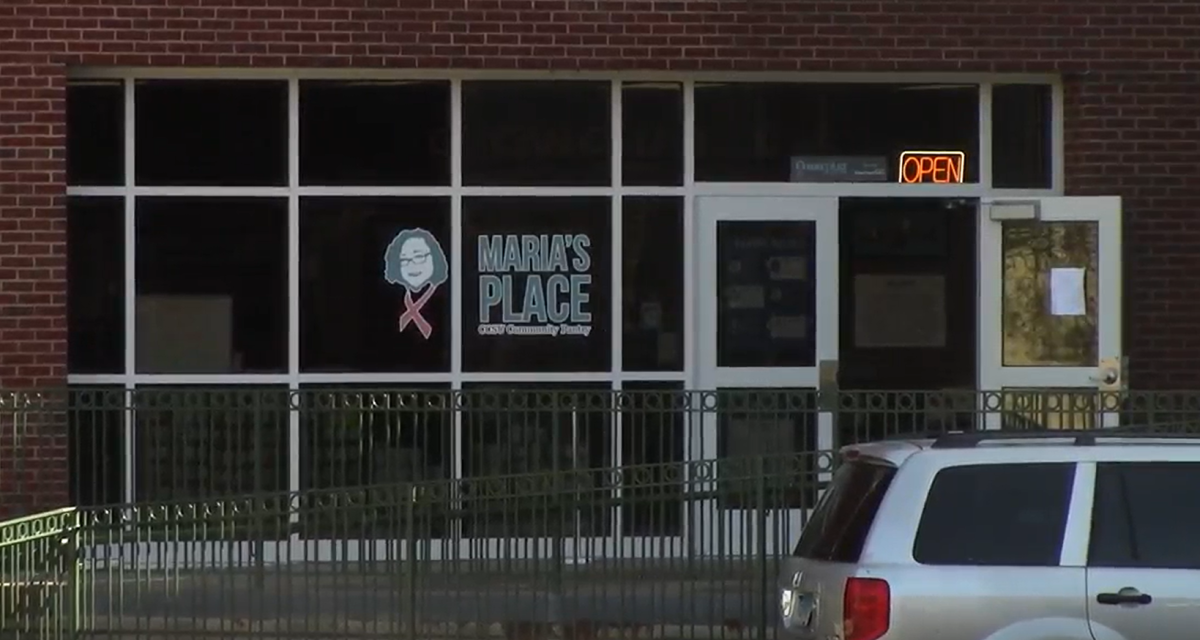By Matt Clyburn
UConn’s Board of Trustees approved a 2.5 percent increase in tuition, fees and lodging last week in a nearly unanimous vote.
Political science student Corey Schmitt was the only member of the board to vote against the rate hike after mounting an unsuccessful campaign to raise the cost by more than five percent.
Schmitt and a few of his classmates argued that the benefit of a low increase would be offset by larger class sizes and fewer university services.
“I am not confident with the…increase,” Schmitt said, citing the fact that he has been forced to commute to the UConn Greater Hartford campus weekly for a class that is full in Storrs.
“We’ve already seen class sizes double,” classmate Rich Colon said at the board meeting. “The cuts that we’ve seen over the last few years are relatively small compared to what we’re going to see in the future.”
The tuition hike was proposed in a March 23 letter to the board from Provost and Executive Vice President for Academic Affairs Peter Nicholls. Nicholls said that although some class sizes might increase next year because of the budget conditions, he expects the impact to be “very limited.”
On a list of 18 similar private and public universities, UConn was ranked ‘most affordable’ at a total cost to in-state students that live on campus of $21,198. Room and board expenses were also compared with UConn ranking ninth ‘most affordable’ of 22, just $202 more than CCSU.
The Associated Press reported that the 2.5 percent increase is the smallest in six years, adding $518 to in-state undergraduate bills and $950 for out-of-state undergraduates. It brings annual tuition, room and board to $21,486 for Connecticut residents and $38,382 for out-of-state students.
Changes at the Capitol have effected the university’s ability to make ends meet as Gov. Dannel Malloy recently vowed to cut general fund contributions to the school by $25 million each year. The shifting political winds and down economy have left UConn more than $45 million short for the current fiscal year’s budget.
Board members warned that they may need to revisit the issue in June if more spending cuts cannot be found. They will explore the possibility of cutting non-faculty pay in the coming weeks to make up some of the funding.



